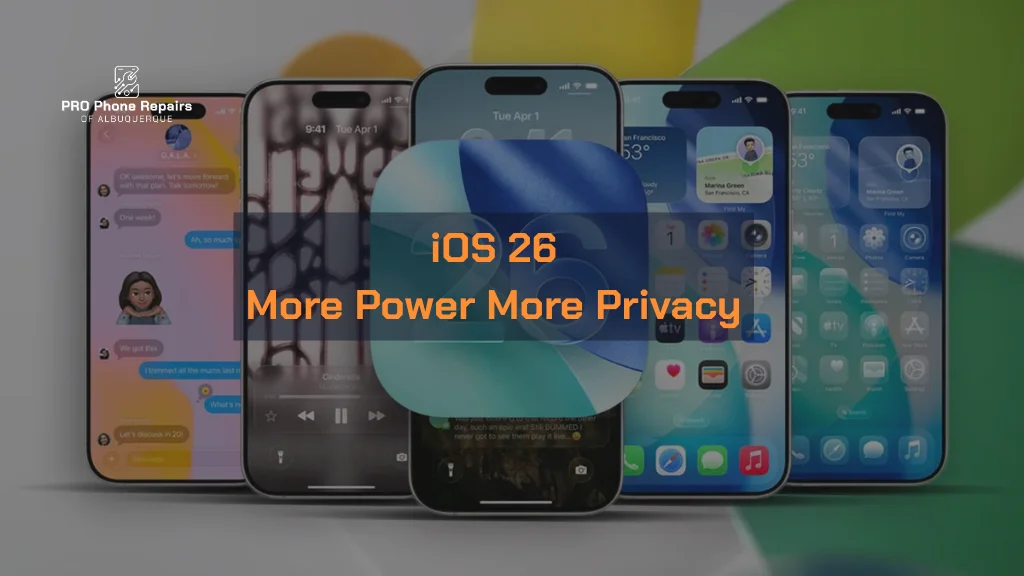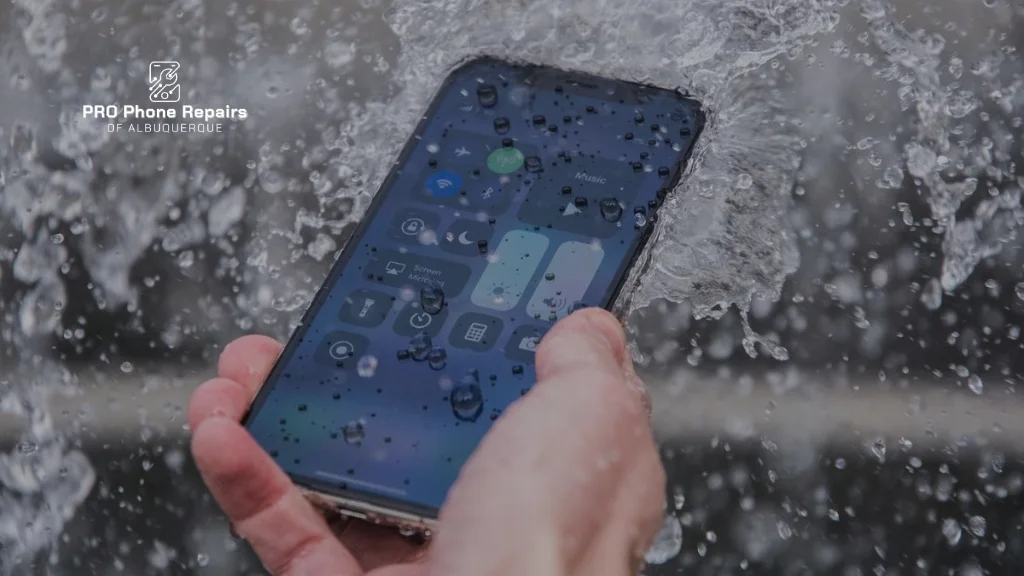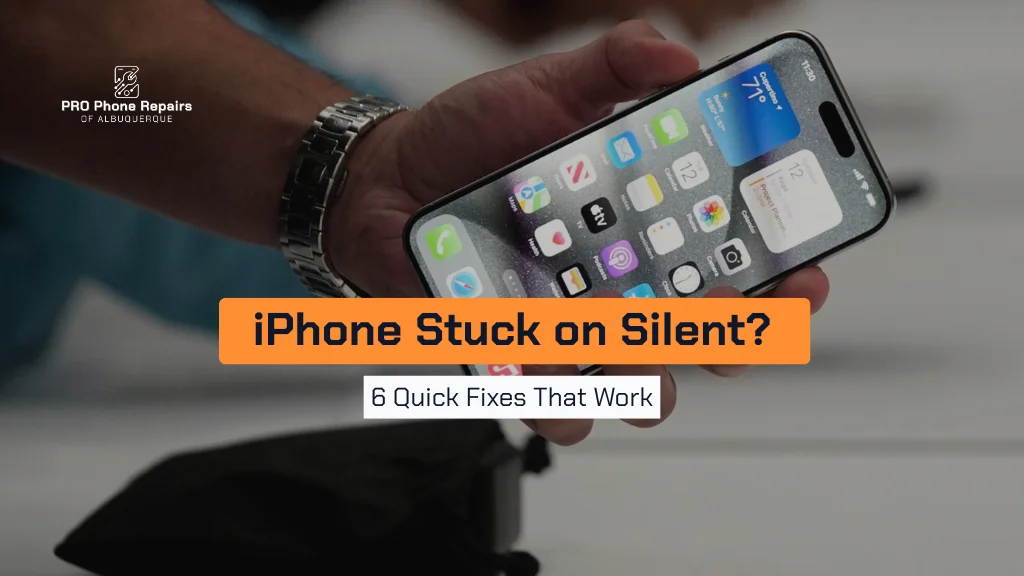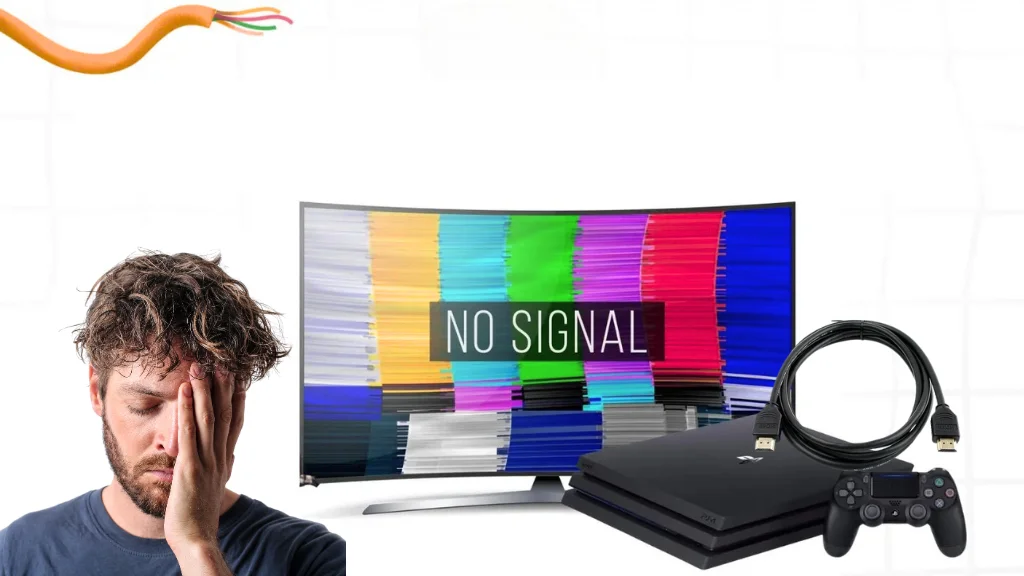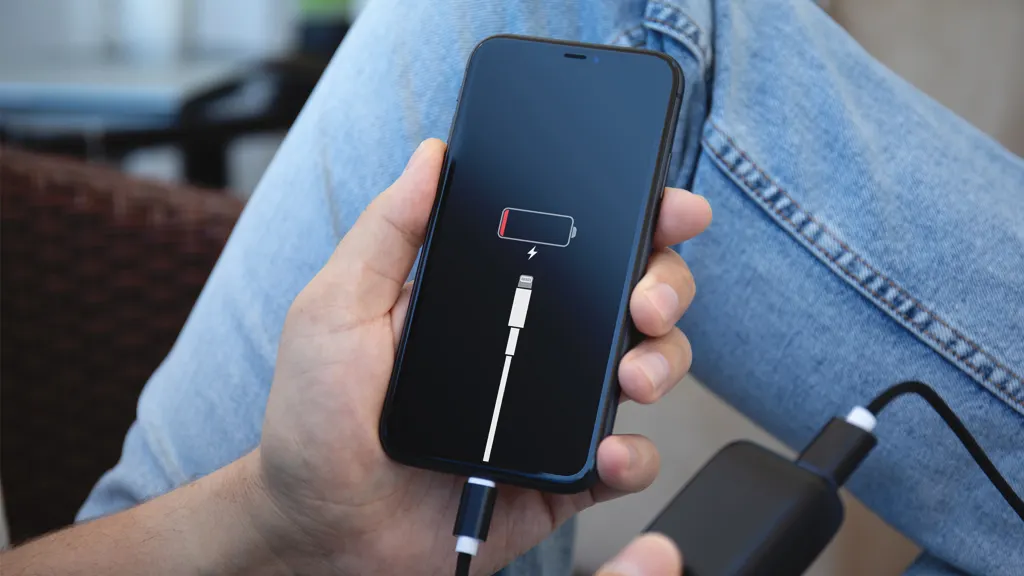Students today rely on digital devices for learning, research, and coursework. But when it comes to studying, is a tablet or a smartphone the better choice? Research suggests that 58% of students prefer tablets for academic purposes due to their larger screens and better multitasking features, while 42% opt for smartphones for their portability and convenience. Both options have their benefits, but making the right choice depends on your study habits and needs. Let’s compare their features and see which one can help boost academic success.
Tablet vs. Smartphone: Feature Breakdown
Screen Size & Readability
- Tablet: Larger display (8-12 inches) makes reading and note-taking easier.
- Smartphone: Compact size (4-7 inches) can strain the eyes during extended use.
Battery Performance
- Tablet: Longer battery life, ideal for study marathons.
- Smartphone: Shorter battery span, may need frequent recharging.
Portability & Convenience
- Tablet: Lightweight but requires a bag for carrying.
- Smartphone: Fits in pockets, making it extremely portable.
Multitasking & Productivity
- Tablet: Allows split-screen use for research and note-taking simultaneously.
- Smartphone: Limited multitasking due to smaller display.
Typing & Writing Assignments
- Tablet: Supports external keyboards for comfortable typing.
- Smartphone: Small screen makes long-form typing difficult.
Study App Compatibility
- Tablet: Works well with various academic and productivity apps.
- Smartphone: Also supports study apps but may lack advanced features.
Key Considerations for Students
Reading and Taking Notes
- Tablets: Ideal for reading e-books, PDFs, and lecture slides. Many models support stylus input for handwritten notes.
- Smartphones: Handy for quick browsing but less effective for extended reading sessions.
Multitasking and Study Efficiency
- Tablets: Allow students to watch lectures while taking notes on the same screen.
- Smartphones: Limited screen space makes switching between apps less efficient.
Online Learning and Video Calls
- Tablets: Offer an immersive experience for attending virtual classes and taking notes simultaneously.
- Smartphones: Work for video calls but may feel restrictive for multitasking.
Typing and Assignments
- Tablets: Compatible with external keyboards, making them great for writing essays and reports.
- Smartphones: Small screens make typing long documents difficult.
If your device stops functioning properly, smartphone repair services can help restore its performance without needing a replacement.
Which Device Should You Choose?
The best choice depends on how you study.
A tablet is better if:
- You do a lot of reading, research, and note-taking.
- Multitasking is important for your studies.
- You need a device for writing assignments comfortably.
A smartphone is better if:
- You need quick access to information and communication tools.
- Portability is your priority.
- You study in short, frequent sessions rather than long study blocks.
Final Thoughts
Both devices serve a purpose in education, but for students looking to maximize study efficiency, tablets have a clear advantage. Their larger screens, superior multitasking, and better compatibility with study tools make them the top choice. Smartphones, while convenient, work best as a secondary device for quick research and communication.
For students investing in a learning device, considering these factors can help make the right decision for academic success.



